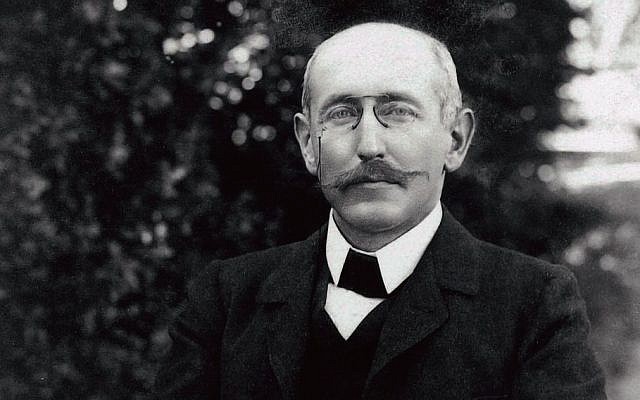

In 1899, Dreyfus was court-martialed for a second time and found guilty. In a bizarre and fascinating way the case of one man convicted of treasonrightly according to some, wrongly according to othersand imprisoned for four years on a. The controversy centered on the question of the guilt or innocence of army captain Alfred Dreyfus, who had been convicted of treason for allegedly selling military secrets to the Germans in 1894. This cartoon has come to symbolize the passion and divisiveness of the Dreyfus Affair, which for several years on either side of 1900 churned up the French political scene. The Dreyfus affair deeply divided France, not just over the fate of the man at its center but also over a range of issues, including politics, religion and national identity. Dreyfus affair, political crisis, beginning in 1894 and continuing through 1906, in France during the Third Republic. As a result, Zola was convicted of libel, although he escaped to England and later managed to return to France. After Esterhazy’s acquittal, a French newspaper published an open letter titled “J’Accuse…!” by well-known author Emile Zola in which he defended Dreyfus and accused the military of a major cover-up in the case.

In 1898, he was court-martialed but quickly found not guilty he later fled the country. Nevertheless, word about Esterhazy’s possible guilt began to circulate.

However, when Picquart told his bosses what he’d discovered he was discouraged from continuing his investigation, transferred to North Africa and later imprisoned. In 1896, the new head of the army’s intelligence unit, Georges Picquart, uncovered evidence pointing to another French military officer, Major Ferdinand Walsin Esterhazy, as the real traitor. In a public ceremony in Paris following his conviction, Dreyfus had the insignia torn from his uniform and his sword broken and was paraded before a crowd that shouted, “Death to Judas, death to the Jew.” In 1894, after a French spy at the German Embassy in Paris discovered a ripped-up letter in a waste basket with handwriting said to resemble that of Dreyfus, he was court-martialed, found guilty of treason and sentenced to life behind bars on Devil’s Island off of French Guiana. A scandal that rocked France in the late 19th and early 20th centuries, the Dreyfus affair involved a Jewish artillery captain in the French army, Alfred Dreyfus (1859-1935), who was falsely convicted of passing military secrets to the Germans.


 0 kommentar(er)
0 kommentar(er)
